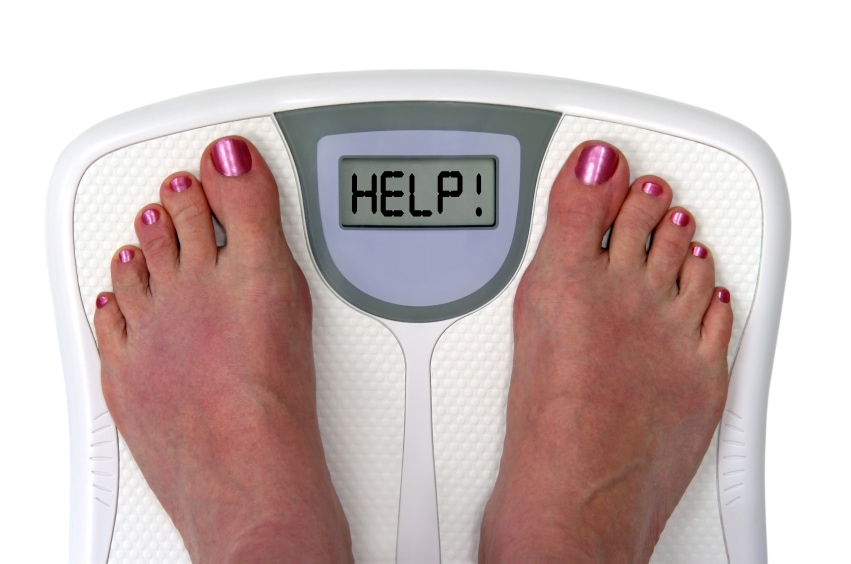Change your mind about over-eating
Table of Contents
Hypnotherapy can help with weight loss in many ways.
It was only a couple of generations ago, at most, that there was real deprivation amongst a significant proportion of the population. For millennia, hunger has been a normal state of existence which has genetically programmed humankind to feed whenever the opportunity arises. And, suddenly, within the space of a few short decades, we are surrounded by an obscene abundance of excessive amounts of cheaply available food processed to include disproportionate amounts of cheap fat, sugar and salt.
Welcome to the fat-fest. Suddenly the only limit on what we can consume is popular culture. Instead of milk white pudginess being elitist and aspirational, it’s now the fate of the majority who can’t afford to dedicate themselves to deprivation with the draconian supervision of the personal trainer or latest diet fad.
Toned, tanned, buffed, de-fluffed, surgically enhanced, minimised or restricted, drugged by diet doctors, dictated to by healthy-eating Nazis, lollipop-headed Barbie bods fill our magazines, telling us how we should look and making us feel like big fat failures.

Evidence
Hypnosis subjects lost more weight than others and kept it off.
Researchers analysed 18 studies comparing a cognitive behavioral therapy such as relaxation training, guided imagery, self monitoring, or goal setting with the same therapy supplemented by hypnosis.
Those who received the hypnosis lost more weight than 90 percent of those not receiving hypnosis and maintained the weight loss two years after treatment ended.
University of Connecticut, Storrs Allison DB, Faith MS. Hypnosis as an adjunct to cognitive-behavioral psychotherapy for obesity: a meta-analytic reappraisal. J Consult Clin Psychol. 1996;64(3):513-516.
What is the main key to losing weight?
So here’s a radical thought… supposing you were able to think, feel, act and eat like at naturally healthy person. You want to exercise because it’s fun. You enjoy and savour everything you eat. You deal with stress by facing the issues you are confronted with, so comfort eating becomes unnecessary and ludicrous to you.
What are the best ways to lose weight?
Learning to be comfortable in your own skin, balance your physical needs for energy and appreciate food as one of life’s great pleasures requires a neurological shift that can be achieved with self hypnosis. Learn how to value food as nutrition and not regard it as the enemy, enjoy what you eat and stop punishing yourself for being ‘bad’, take responsibility for the choices you make and you’ll never need to diet again.
Gastric band hypnotherapy
Effective as part of a programme of dealing with the thoughts, feelings and emotions which influence eating behaviour, gastric band hypnotherapy works because it facilitates neurological change by creating the perception that the stomach is smaller. This is something bariatric surgeons have observed in their patients after surgery, though there is no clear understanding of why this happens. Obviously, they’re operating on the stomach, not the brain. Hypnotherapy safely creates the neurological change that reduces appetite to stimulate weight loss and prevent over-consumption.
Permanent weight loss
Hypnotherapy can help with weight loss and weight management in many ways:
- Develop a new self image.
- See yourself in the future after losing weight and make that your desired future outcome.
- Learn to be more relaxed about weight loss and weight management. Stress is often a serious factor in bad diet and comfort eating.
- Think positively about weight and diet.
- Stop worrying about your weight and about weight loss and start looking forward to losing weight and achieving your goals.
- Create a self-fulfilling prophecy.
In other words, start to feel better about yourself. This will help you to lose weight and, of course, losing weight will help you to feel even better about who you are and what you can achieve. The whole thing becomes a very positive cycle which goes round and round. Most people expect to have to lose weight in order to feel good about themselves. Interestingly, when you start to feel good about yourself, weight loss, health and happiness often follow.
The best diet for weight loss
Remarkably, our brains appear to be able to ‘reprogramme’ hunger signals, with or without surgery, so we feel satisfied and full after consuming small amounts of food. This can easily be facilitated with hypnotherapy.
